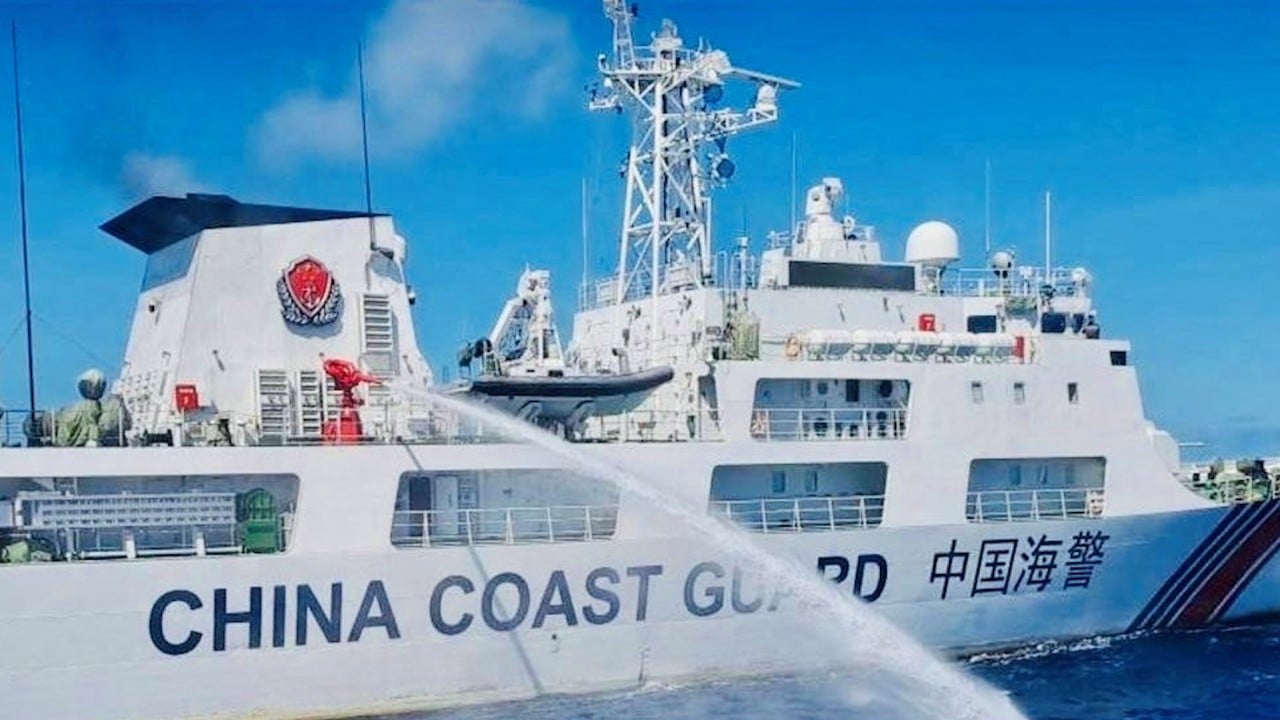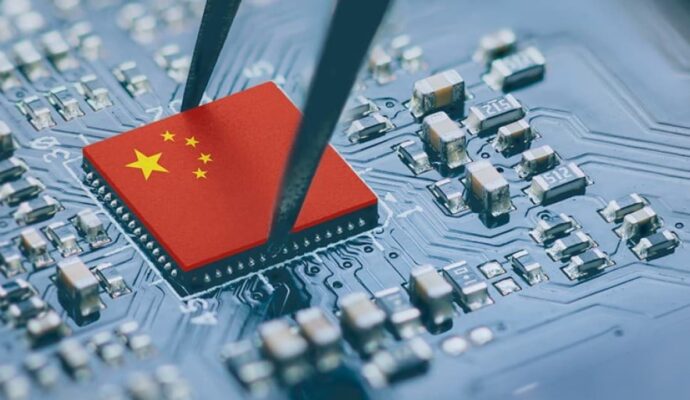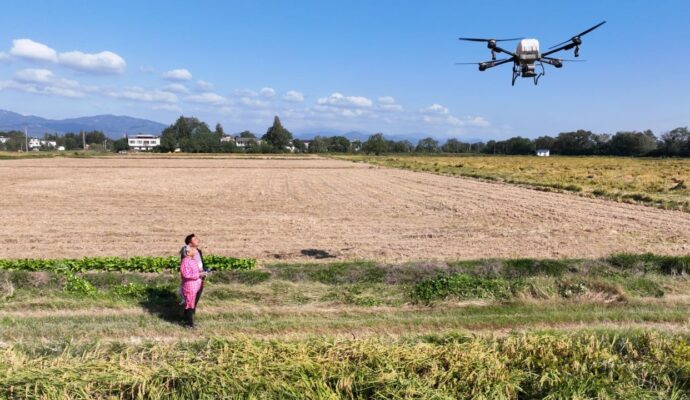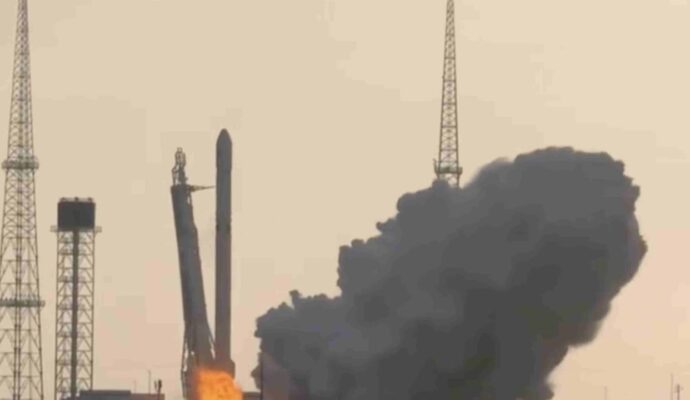For years, China has been the Philippines’ top trade partner and top import supplier. And in the first half of 2023, China surpassed the United States and Japan to become the Philippines’ biggest export market, data from the Philippine Statistics Authority shows.
“The phrase ‘hot economics, cold politics’ accurately defines the relations between the Philippines and China, as both countries have strong economic ties despite having political problems or differences,” said Severo C. Madrona Jnr, a professorial lecturer with the Department of History of Ateneo de Manila University.
“Even when political ties are difficult, collaboration can occasionally result from pragmatic business goals, because the dynamics of the two fields are not necessarily directly related,” he said.
Philippines’ Marcos Jnr says South China Sea ‘keeps him up at night’
Philippines’ Marcos Jnr says South China Sea ‘keeps him up at night’
Electronic parts and components, industrial products such as iron and steel, machinery and minerals are the biggest areas of bilateral trade, China’s customs data shows.
But in the first seven months of 2023, China’s total trade value with the Philippines still shrank by 14 per cent compared with a year earlier, as Chinese exports dropped by 11.2 per cent and imports fell by 21.3 per cent – along with falling commodity prices and weak global demand for electronic products, the official data indicates.
As a result, the share of trade with the Philippines in the overall value between China and the Association of Southeast Asian Nations fell to 13.96 per cent in the same period, down from 15.85 per cent a year earlier.
Advertisement
For the island nation, although bilateral relations with China have been undergoing a reset under President Ferdinand Marcos Jnr – who fosters closer ties with Washington, in contrast with his predecessor, Rodrigo Duterte – its economic ties with China seemed to have been enhanced in the past few months.
Philippines needs new trade deals to pivot away from China, lawmakers urge
Philippines needs new trade deals to pivot away from China, lawmakers urge
It has been largely “business as usual” in terms of economic relations between the two countries, said Andrea Chloe Wong, a former senior researcher at the Foreign Service Institute Philippines.
Advertisement
“For the Philippines, having cordial and active commercial ties that encourage business investments to the country, insulated from politics, is what Marcos hopes for,” said Wong, who holds a PhD in political science from the University of Canterbury in New Zealand.
But Manila is also wary of Beijing’s use of trade as a measure of punishment if China becomes a more dominant economic partner, she added.
Advertisement
At the height of the bilateral tensions between the two countries during the Scarborough Shoal stand-off in 2012, Beijing imposed tighter controls and restricted imports of bananas from the Philippines, alleging that they had mealybugs.
“The banana export ban … could be repeated if tensions erupt again in the South China Sea,” Wong said.
Some Philippine legislators have recently heaped pressure on the Marcos administration to shun Chinese companies and products, in retaliation for Beijing’s actions in the maritime dispute.
Advertisement
Aaron Rabena, a research fellow at the Asia-Pacific Pathways to Progress Foundation in Metro Manila, said that though risks in bilateral economic relations are rising, the boycotts of Chinese products are unlikely to materialise, as it is hard to replace China as an “alternative large market”.
More realistically, lawmakers might impose greater scrutiny on overall bilateral economic relations as a formal form of retaliation, he said.
Carl Thayer, a Southeast Asia-specialised emeritus professor at the University of New South Wales in Australia, said calls in the Philippines for a boycott of Chinese goods are “self-defeating”.
China’s exports to remain weak until 2024: 4 takeaways from July’s trade data
China’s exports to remain weak until 2024: 4 takeaways from July’s trade data
On the other hand, China could retaliate now, or in response to a boycott, by cutting off group tours to the Philippines or imports of Philippine bananas.
Advertisement
“At the moment, I don’t think there’s any danger of it going that far.”
Eduardo Araral, an associate professor of public policy at the National University of Singapore, said that China, if pushed, could use economic means to retaliate, but only gradually.
“I wouldn’t call it a full-court press. I would call it an acupuncture approach – they would put in a needle, and if that doesn’t work, they’ll put in another one.”
Advertisement



